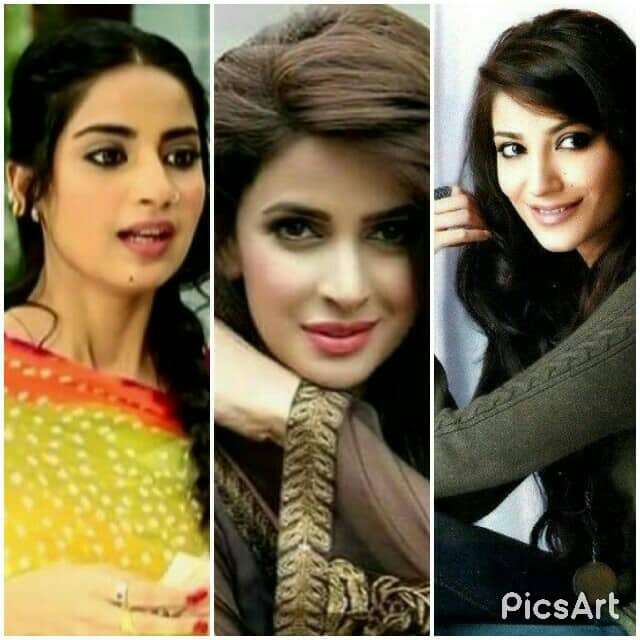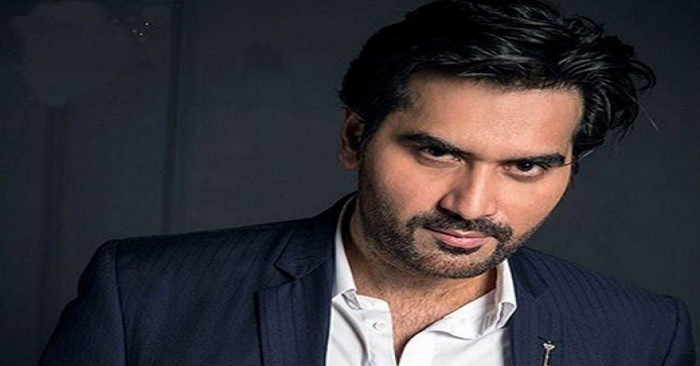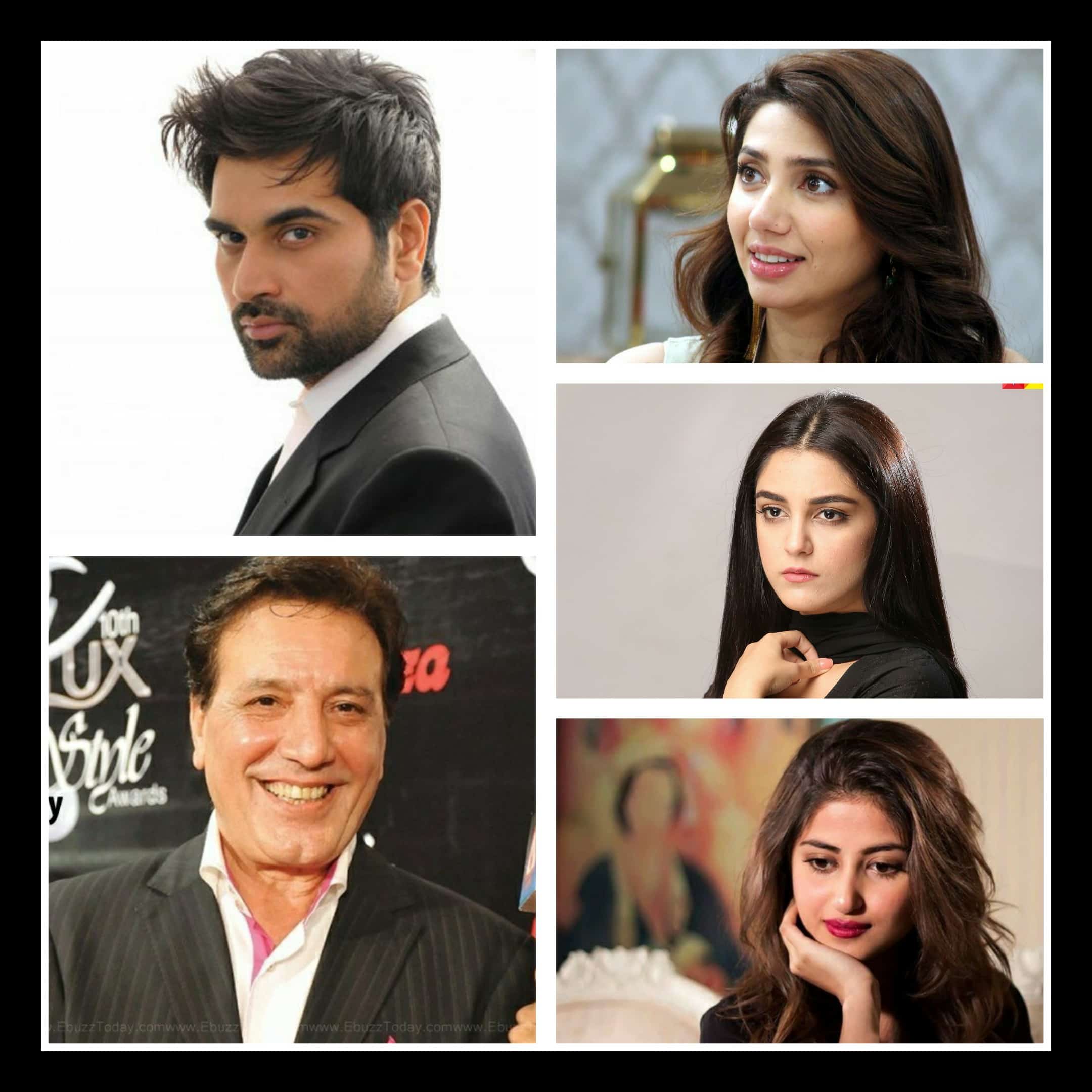Television has played an important part in influencing our society since its introduction to our homes. These days, despite the cyber revolution, television still manages to influence our society greatly. What we see, we believe and implement. Television is a strong force to inform, educate, spread awareness as well as entertain. It also advocates, whether subtly or forcefully, and it definitely affects audience’s thinking process.
Next to news, dramas are what are watched regularly by our people. These dramas are usually family centric and women always seem to play very critical roles in them. The topic I want to delve in today is how are women portrayed in these serials? Are the story-lines progressive or regressive towards women’s position in a society – in our society?
The answer to that, I believe, is both. In the past few years a lot of television drama serials have come out that have empowered women, put them in the position of power, made them more liberal. However, along-side these attributes, they reinforced patriarchal values too. So, all in all, they denounced orthodoxy yet gave flame to patriarchally, as if they can co-exist.
The messages that they deliver are confusing and contradictory. For example, a working woman is classified as an admirable, independent, strong-willed individual of the society yet she is not accepted as part of the society and is treated like an alien. Similarly, a woman is made known to earn education after a lot of hard work and devotion to the cause and she is even encouraged to do so by the writers, yet if a woman has a job better than her husband, earns more than him, the husband feels insecure and this acts as an obstacle to a happy marriage? Should the girl have bothered to work tirelessly to achieve her education when the career she built out of it becomes a problem in her marital life?
The blame of most of the problems in these dramas falls on the woman’s shoulder. For example, if a couple divorces, it is the woman’s fault in the eyes of the society; that she couldn’t keep her husband happy and content with her. The dramas depict this injustice in glory details, making the girls of our country fear the outcome of a divorce and prefer silence even when they are treated brutally by men.
The portrayal of women in Pakistani television serials is far removed from reality. Whenever a man resorts to adultery, the woman is blamed as the temptress; matrimony is glamourized to the extent that the ultimate goal of a girl’s life is to be married and modernism is a bane rather than a boon. These serials reinforce damaging stereotypes about women and project a highly negative image of women. In almost every serial, the implication is that the woman is to be blamed for whatever is wrong in her own life, or even in the life of her family and people she interacts with or is related to.
Dramas, for reasons unknown to me, try to weave the idea that women are supposed to bear pain. In fact, those who bear pain, compromise more than their share, resort to silence rather than raise a voice, show unlimited amount of patience without knowing if it will do any good, are portrayed as the ultimate idols. Why not show women who know their importance, their value, their rights as the heroes? Women are anything but feeble and weak and it’s time our dramas and our society recognize it, embrace it and extend it.
Another problem that I have with many of today’s serials is that they objectify women. It has become such a norm for our dramas that it is now even presented in the comedic serials! Like, people are actually supposed to laugh at the deterioration of our drama standards. Take ARY’s Bulbulay for example; two men seem to forget everything in their life as soon as they lay eyes on a beautiful girl; as if a woman’s looks are her biggest asset!
The next issue is that these dramas are making it a norm that men shall not take no for an answer. Here is a cliché plotline I am using to support this- a rich, spoilt guy likes a hardworking, self-made girl of middle class upbringing. He is adamant to marry her and despite the girl downright refusing his advances he persists and, twisting his inflexibility into something romantic, the writers make the girl accept him in the end.
How is it that men seem to let go of a well-educated, loving wife in favour of a masoom bhooli bhali puppet of a woman that his family chooses for him? (No, it doesn’t happen right away but the kitten loving, naïve girl sooner or later manages to replace the self-aware, educated girl). What is the message that the writers try to convey? It is good to have education but, a man will only like a woman who does nothing worthwhile with this education? Even after everything, he will still fall for the one who can make gool rotiyan?
It is true that in this modern age, where women and men are considered – or at least, should be- like two wheels of the same cart, Pakistani writers are working in favor of strengthening the characters and roles on women as individuals. However, it seems they find it very hard to let go of stereotyping them at the same time. No doubt these stereotypical images are a result of deeply embedded social practices and interpretation, but I firmly believe that a conscious effort from the production houses and writers needs to be made to rectify this.
As the media is often responsible for shaping our opinions, dramas portraying women as being weak and oppressed can have an adverse influence on the way people think about and treat women in our society. In contrast, if dramas focus on strengthening women and empowering them, this can have a positive impact on society. Women could be inspired to stand up and speak up for themselves, for their own rights and protection.



